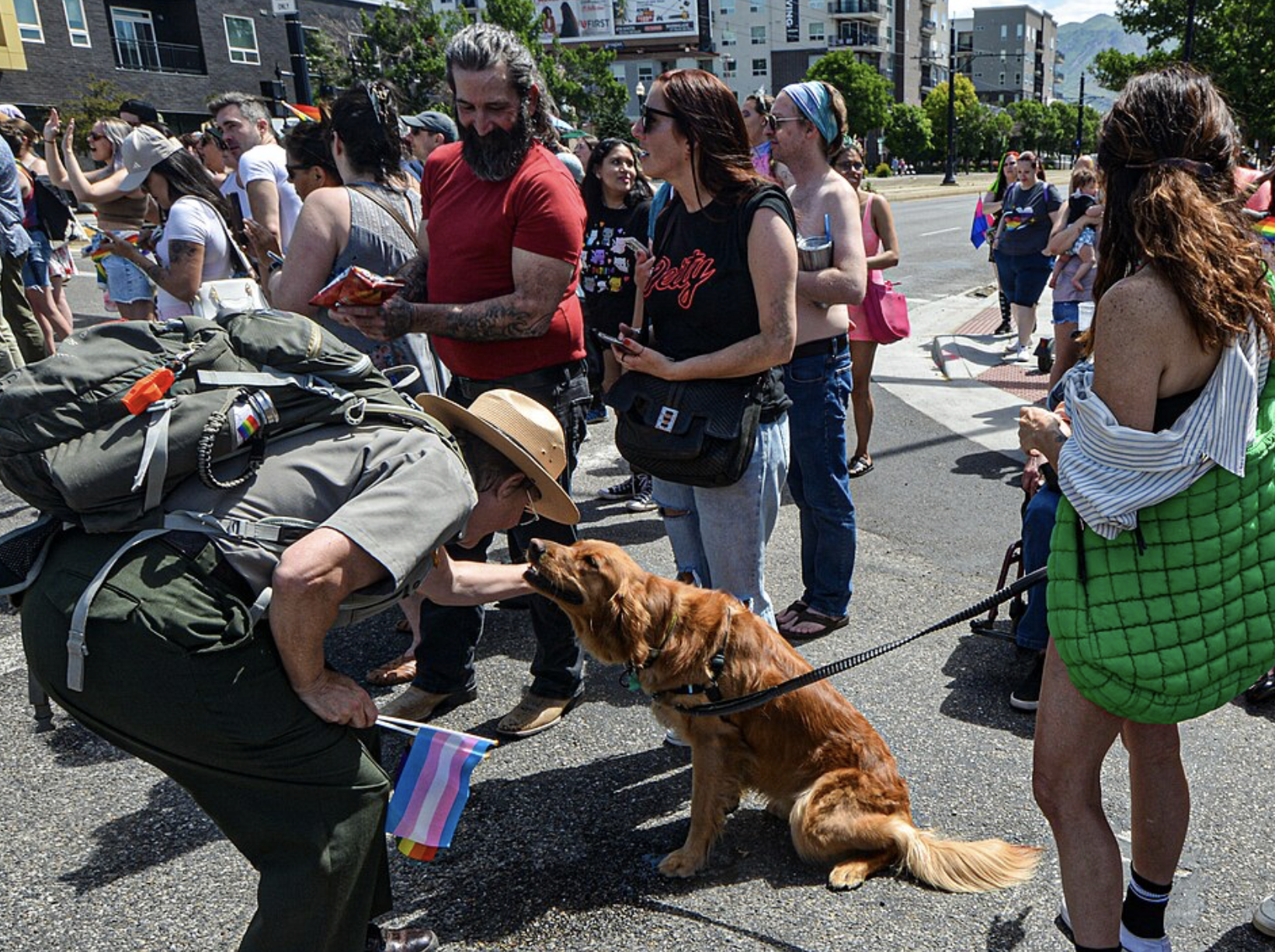Kind, Polite, and Sensible
An ideal of a society where face-to-face politeness and kindness are the normative ways of relating to people. It’s hard to do face-to-face politeness and kindness with machines.

The Tuesday Edition by Rev Glynn Cardy
It was one of those forms the Post Office like. Something you fill out on the spot, giving the addresses, the quantity, and worth of what you’re about to post. The lady behind the counter gave me three. I think she must have known that I was one of those who was going to mess up more than once.
I needed to print in capital letters and nothing but capital letters. And fit said capitals in the little gaps provided. When I messed up the second time, she told me why. “There’s a machine that reads the addresses,” she said. “It only does capitals.”
The machine also only does cities and towns. My wee parcel was bound for the Isle of Iona. Not a city or town, or much of either for many miles. But the rules stipulated a city or town or else my mail would not fly. So I opened Google on my phone and guessed at something.
Between the patient Post Office lady, the demands of the machine, and my perseverance, the parcel finally got posted. I did wonder why a method to have this required information typed (like a speak-into-type-out programme) hasn’t been utilized. And if the Lords of Mail still wanted us to handwrite, why they’d use a machine for such processing. Especially nowadays with fewer and fewer letters and parcels using the Post Office.
I had another encounter with a machine recently. This time through an app. One of those apps you purchase tickets through. A train app.
Without going into all the detail, on the day of travel it didn’t work. The man behind the counter at ScotRail was the epitome of polite, kind, and sensible. And importantly for my self-esteem, he absolved me of wrongdoing. It wasn’t my fault it was the train app’s!
But it did mean that when I was safely home again, I needed to argue my case with the train app. Unable to find an email, I ended up in dialogue with someone called ‘Chat.’ Anyway, again to cut the story short, Chat was most apologetic but, no, I couldn’t get a refund.
“But,” I remonstrated, “it was your app’s fault.” Chat was most apologetic but, no, I couldn’t get a refund. Not wishing to continue repetitive arguing with what I suspect was a machine, I ended the call and, in my spite, deleted the app. Two days later I received an email asking me to rate my experience of ‘Chat.’ It was tempting to vent, but again I think I’d be venting to a machine.
Maybe though it’s because machines do most of the straightforward business of ticket production, that time and again as I travelled around Iceland, England, and Scotland in April and May this year, I came across people, sitting behind counters, who were invariably kind, polite, and sensible. They didn’t seem rushed, or frustrated with my antipodean accent, or considered me an ignorant foreigner. They were helpful, calming sort of people.
Or maybe, I’d like to think, it’s because they’re all graduates of the course provided by Paddington Bear’s Aunt Lucy on how to be kind, polite, and sensible. Note, the Aunt Lucy customer care course would do well in other parts of the world, including New Zealand.
In case you’re wondering I like Paddington Bear. And it’s not just the marmalade sandwiches. Although Paddington, unlike Aunt Lucy, struggles to be sensible and gets into all sorts of jams (pardon the pun), his kindness and politeness seem to help him find a way out. And his perseverance is admirable.
The Paddington books and movies, for all their fun and frolics, point to an ideal of a society where face-to-face politeness and kindness are the normative ways of relating to people. It’s hard to do face-to-face politeness and kindness with machines.
(Photo: Aunt Lucy and Paddington hug in London from the movie "Paddington 2.")




